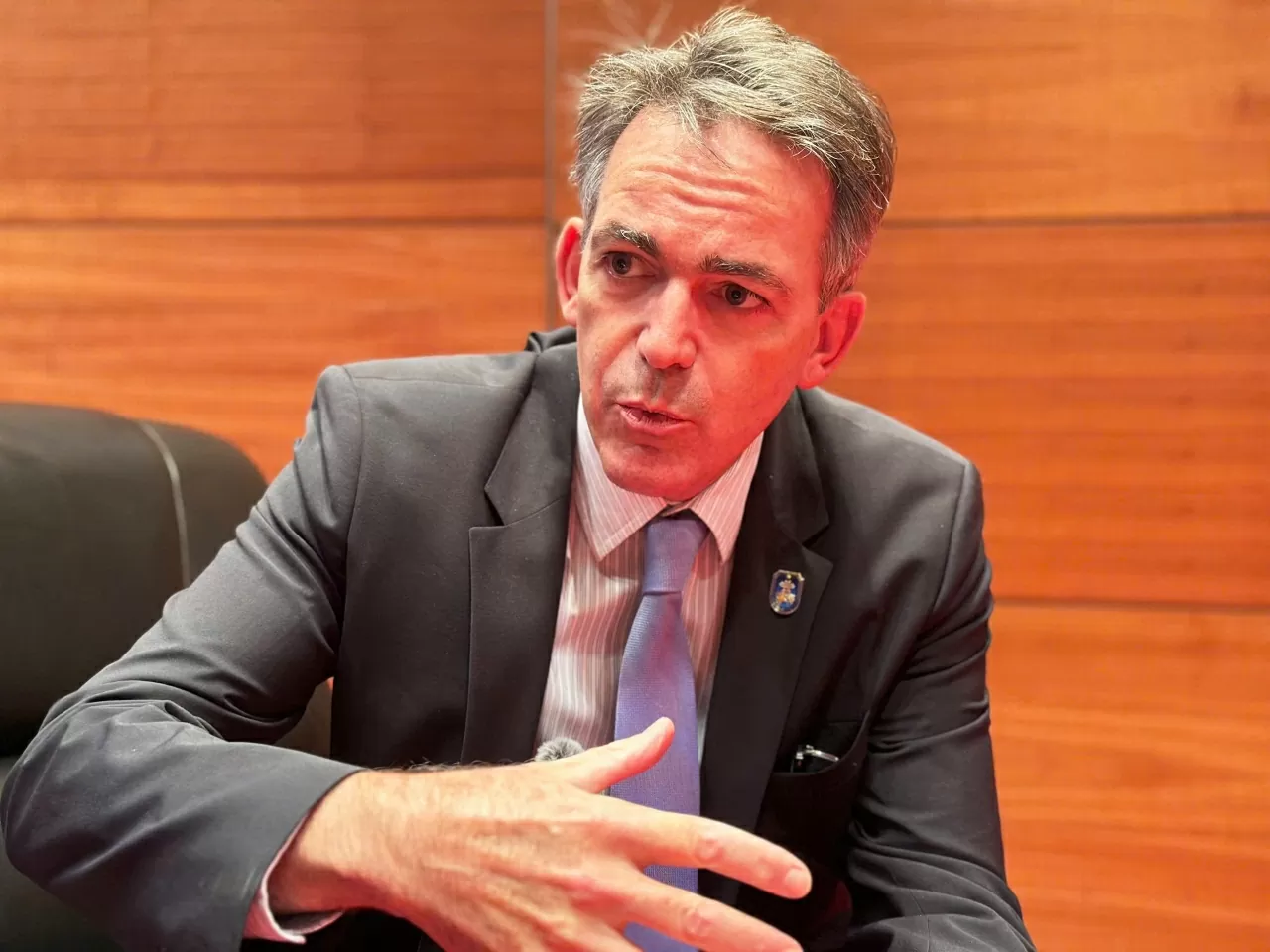 |
| Mr. Olivier Onidi, Deputy Director General of the European Commission's Directorate for Migration and Home Affairs, gave an interview to the Vietnamese press. (Photo: Viet Duc) |
How do you assess Vietnam's leadership in proposing to host this important ceremony, and the overall importance of the UN Convention against Cybercrime?
We are extremely grateful to Vietnam for taking the lead in proposing to host this important ceremony. This is a signing of a convention that is of great significance to us. The European Union (EU) has a legal framework that allows for quite smooth cooperation within Europe, as well as with important partners around the world . This convention gives us the possibility to cooperate with a much wider community of countries around the world to combat a crime that is typically international.
In most cases, this is organized crime, commanded from abroad and ultimately targeting victims in other countries. Such complex crime really requires judiciary and police agencies that are able to cooperate in a variety of circumstances. The fact that Vietnam, a key country in Asia, a region that is increasingly facing cybercrime, is hosting this important event is a testament to the desire to cooperate in tackling this type of crime.
How does the Deputy Director General assess the role of the Hanoi Convention in enhancing international cooperation in the fight against cybercrime?
This is a very important convention because it provides two main possibilities.
First, the Convention promotes law enforcement cooperation by facilitating the collection of vital information during the investigation and criminal proceedings of cybercrime cases. Second, the Convention includes mechanisms for countries to work together to strengthen their resilience and collective capacity to prevent and combat cybercrime.
In addition, the Convention establishes a strong framework for respecting fundamental and human rights, thereby protecting users from personal data theft or undue pressure in cyberspace.
As you mentioned, the EU also has mechanisms to combat cybercrime. Could you share more about the Union’s experience in building a legal framework or mechanism to combat this type of crime?
It is important to have a legal instrument, in this case the UN Convention. However, in addition to that, there is a need to continue to support countries in developing criminal laws that are in line with the new features of the Convention. A lot of support will be needed based on the experience of countries that already have a very strong and developed framework to combat cybercrime.
In addition, there is a need to build capacity on how all specialized professions, such as police, prosecutors and judges, can clearly understand what cybercrime entails. They need to know what kind of data is needed in the investigation process, what typically makes that data admissible in court, and what is essential to protect victims.
This knowledge and experience needs to be widely shared within the international community to ensure the consistent and effective implementation of the Convention.
What priority areas should we focus on to ensure effective implementation of the Hanoi Convention, Mr. Deputy Director General ?
The first priority is to ensure that signatory States promptly ratify the Convention and transpose all its elements into their national criminal law systems. This is fundamental legal regulation.
The second priority is to ensure the sharing of best practices and the provision of the highest possible expertise so that all countries, particularly developing countries, can use the Convention effectively.
Thank you very much, Deputy Director General!
Source: https://baoquocte.vn/cong-uoc-ha-noi-cho-thay-mong-muon-hop-tac-nham-duong-dau-toi-pham-mang-cua-viet-nam-332271.html


![[Photo] Enjoy the Liuyang Fireworks Festival in Hunan, China](https://vphoto.vietnam.vn/thumb/1200x675/vietnam/resource/IMAGE/2025/10/26/1761463428882_ndo_br_02-1-my-1-jpg.webp)


![[Photo] Nhan Dan Newspaper displays and solicits comments on the Draft Documents of the 14th National Party Congress](https://vphoto.vietnam.vn/thumb/1200x675/vietnam/resource/IMAGE/2025/10/26/1761470328996_ndo_br_bao-long-171-8916-jpg.webp)

![[Photo] General Secretary To Lam received the delegation attending the international conference on Vietnam studies](https://vphoto.vietnam.vn/thumb/1200x675/vietnam/resource/IMAGE/2025/10/26/1761456527874_a1-bnd-5260-7947-jpg.webp)
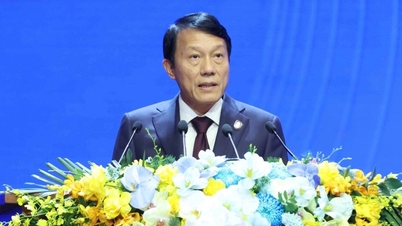

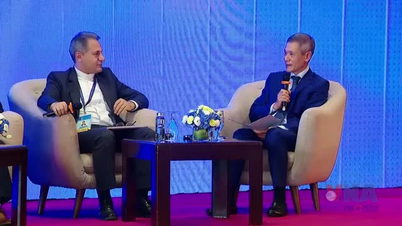



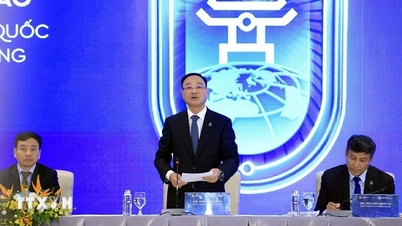
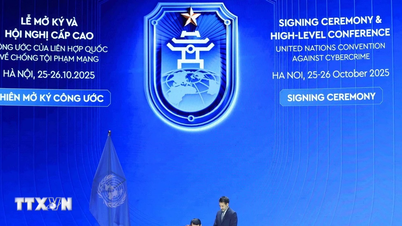
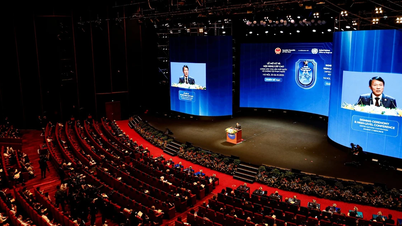


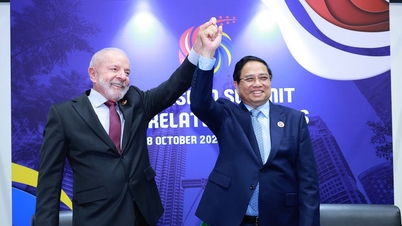
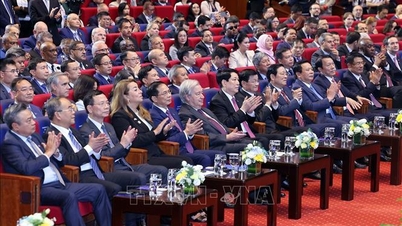

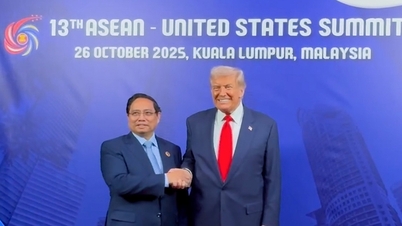

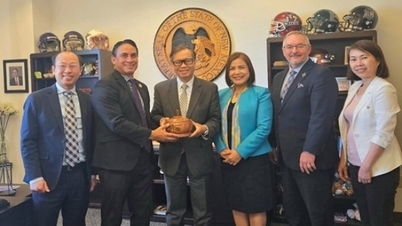





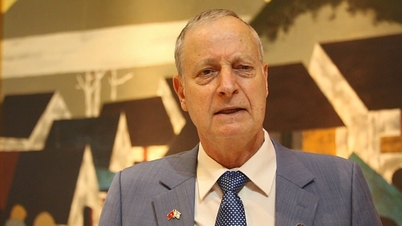
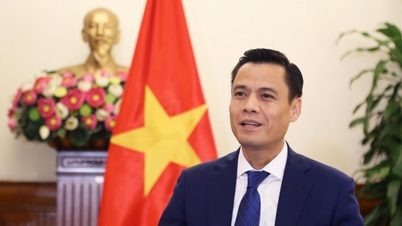

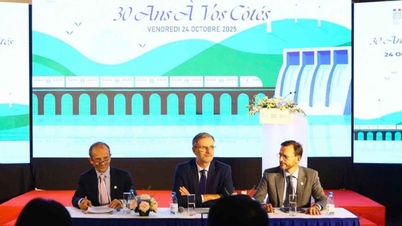
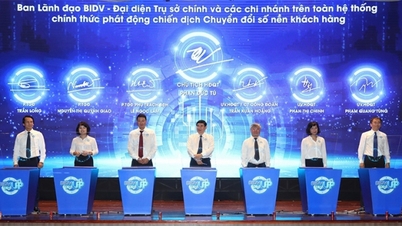

![[Photo] Prime Minister Pham Minh Chinh attends the opening of the 47th ASEAN Summit](https://vphoto.vietnam.vn/thumb/1200x675/vietnam/resource/IMAGE/2025/10/26/1761452925332_c2a-jpg.webp)




































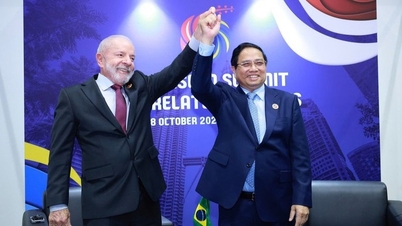
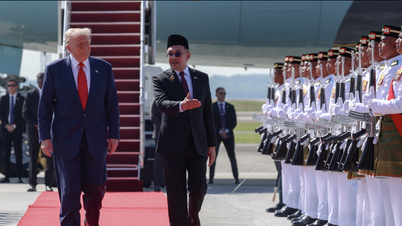

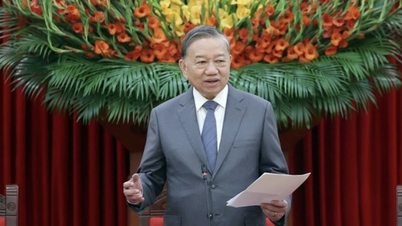

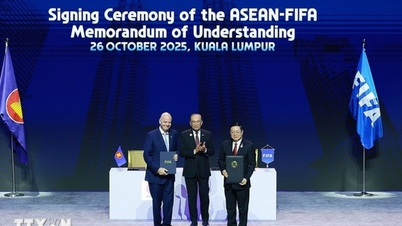

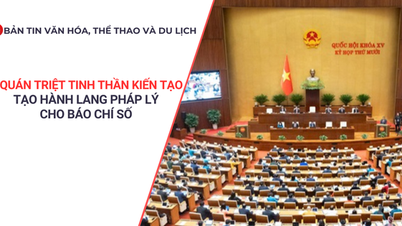



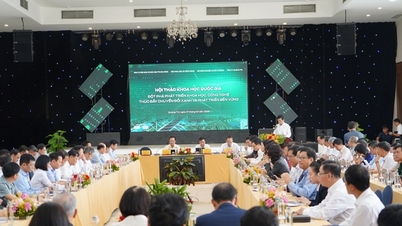


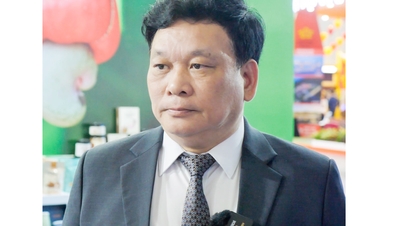

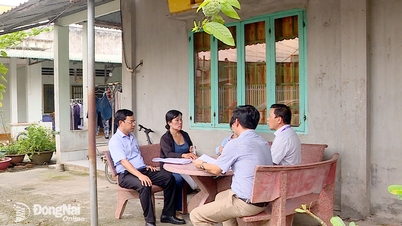
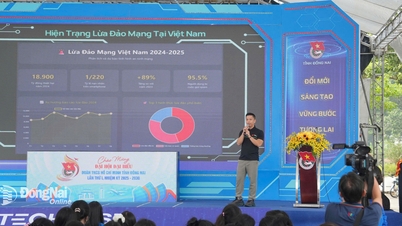
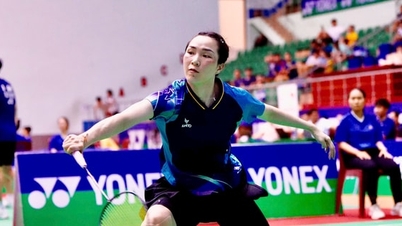
















Comment (0)